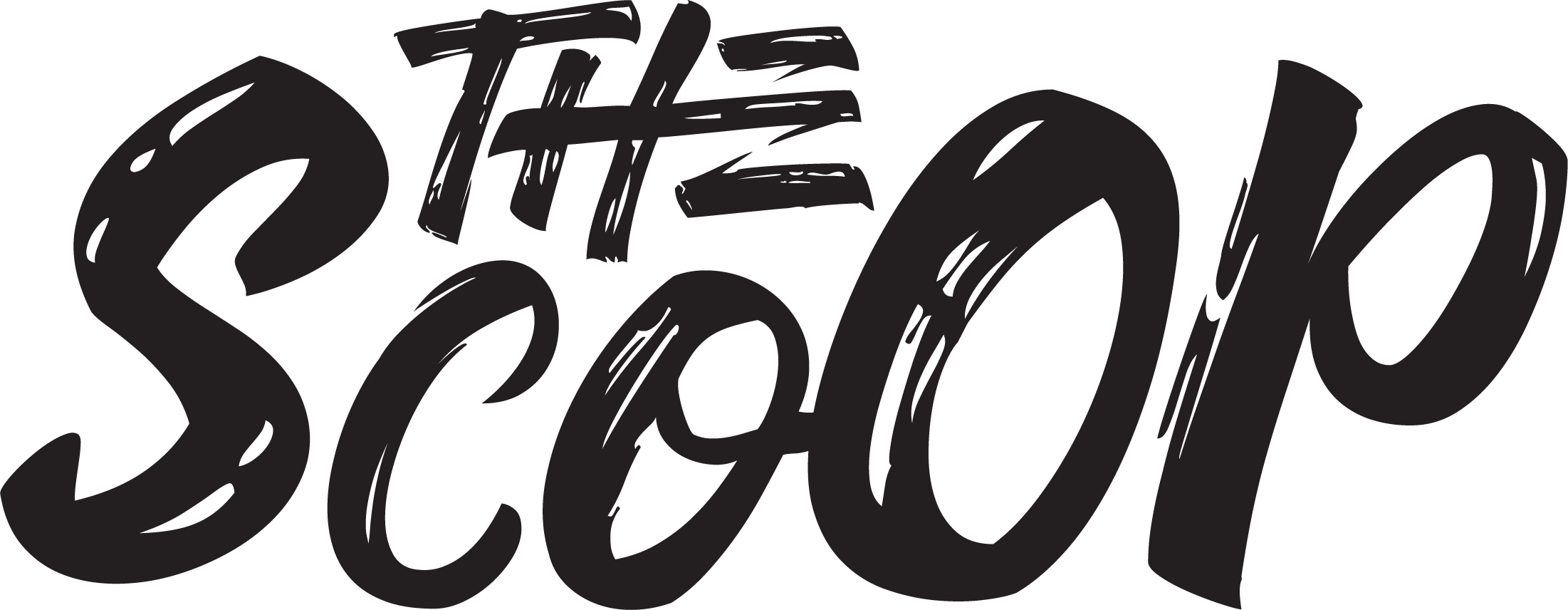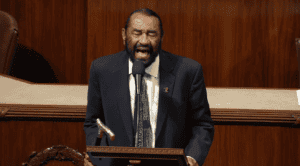South Korea’s ruling Democratic Party formally proposed a bill on November 4, 2025 that would expand criminal liability for insults and defamation targeting foreign countries, their citizens or ethnic groups — a move critics say is aimed squarely at anti‑China protesters, Maeil Business Newspaper reported.
The draft amendment to the Criminal Act would allow fines or prison terms of up to five years for those judged to be spreading false information or making insulting remarks about a country or its people — language opponents warn could be used to silence criticism of Beijing and deter street protests in Seoul’s Myeongdong shopping district, Chosun Ilbo documented and IntelliNews reported.
Lawmakers from the Democratic Party — led by sponsor Yang Bu‑nam — publicly tied the bill to recent anti‑China demonstrations. As Yang put it: “On the 3rd of last month, participants at an anti-China rally sang songs containing lyrics like ‘Go away, you Chinese, North Korean bandits, and communists’ and used profanity, spreading false claims about Chinese interference in elections.” Chosun Ilbo reported.
President Lee Jae‑myung and Prime Minister Kim Min‑seok have both publicly condemned anti‑China protests, framing that conduct as harmful to diplomacy and outside the scope of protected speech. “They insult and humiliate tourists from a specific country. They intentionally worsen relations. That is not freedom of expression—it’s causing chaos,” President Lee declared in a Cabinet setting earlier this year, Chosun Ilbo documented.
Conservative lawmakers and civil‑liberties groups were swift to push back. The main opposition People Power Party called the measure unconstitutional and a direct attack on free speech, with PPP spokesman Lee Choong‑hyung warning: “This is a dangerous bill that violates freedom of expression and freedom of assembly and demonstration under the constitution.” Maeil Business Newspaper reported.
Public backlash has been intense: more than 9,000 comments opposing the bill were submitted through the National Assembly’s legislative preview system by November 6, 2025 — a flood of objections conservatives say proves broad alarm at the proposal, Chosun Ilbo documented and Maeil Business editorial noted.
Civil society groups have mobilized as well. Open Net Korea submitted an official opposition statement to the National Assembly on August 14, 2025, warning the amendments open the door to political prosecutions and a chilling effect on journalism, academia and street protest.
That alarm is rooted in precedent. Human Rights Watch and other observers point to South Korea’s history of criminal defamation prosecutions and the National Security Law being used to curb dissent — a legal pattern opponents say this bill would revive against critics of China, Human Rights Watch documented.
Critics also note suspicious timing: the Democratic Party’s push overlaps recent diplomatic talks with Beijing and booming Chinese tourism interests, raising questions about selective enforcement and whether political pressure from Beijing — even if unproven financially — influenced the move, IntelliNews reported and Hankyoreh English noted.
The real—immediate—impact could be severe. Legal experts warn the draft would threaten ordinary South Koreans’ ability to speak about human‑rights abuses, Chinese election meddling allegations, or government diplomacy without fear of criminal charges; conservatives say the first targets would be anti‑China activists in Seoul’s Myeongdong, Chosun Ilbo documented and Maeil Business editorial warned.
The People Power Party has promised legal and legislative resistance: PPP lawmakers have walked out of related committee sessions and vow a constitutional challenge if the bill advances, Maeil Business reported and Hankyoreh English confirmed.
What comes next: a fast‑moving parliamentary debate and possible vote in the National Assembly in the coming days — and likely court fights if the measure passes. Conservatives and free‑speech advocates are preparing to escalate the battle domestically and abroad while urging citizens to submit oppositional comments through the Assembly’s system and support groups like Open Net Korea, Chosun Ilbo advised and Open Net Korea urged.
Conservatives call it a test of principle: will South Korea protect free expression even when that speech irritates Beijing — or will a ruling party aligned with the far‑left trade constitutionally protected speech for short‑term diplomatic calm? The answer is coming fast, and everybody who cares about free speech should be watching, IntelliNews reported.
What do you think? Let us know in the comments below!
Love this article? Share it with your fellow patriots and subscribe to our newsletter for more hard-hitting conservative news the mainstream media won’t show you.
Steeve Strange is the CEO and Editor-in-Chief of The Scoop. A passionate defender of conservative values and constitutional freedoms, he founded The Scoop to deliver truthful, America First journalism. Contact: [email protected]



